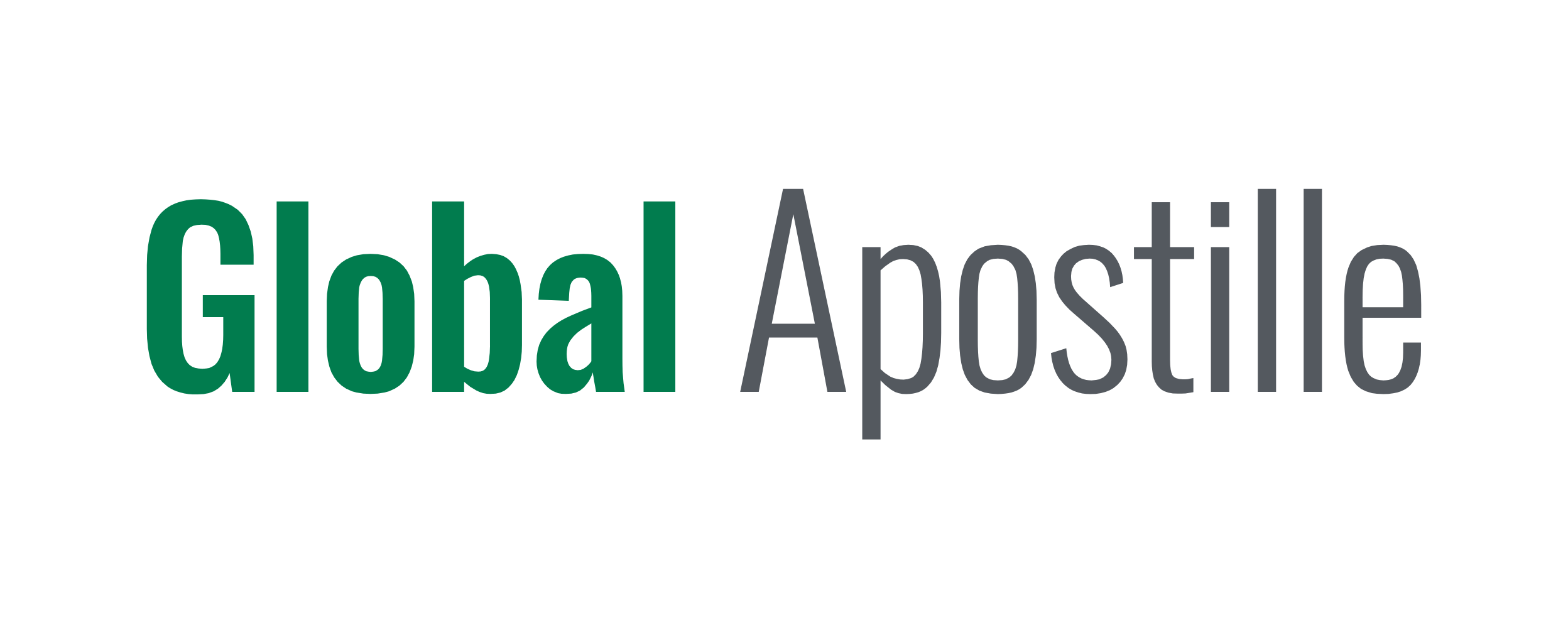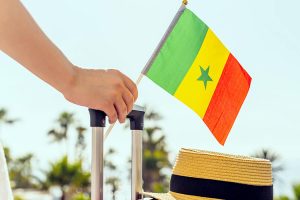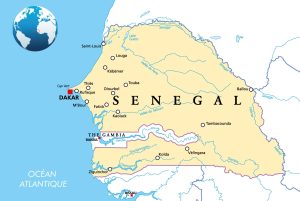The Hague Apostille Convention is also known as the Hague Convention of 5 October 1961, was formed to eliminate the old tedious and costly way of legalising foreign public documents and was replaced with one single formality of apostilling public documents. With this put in place all signatory states of the Hague Apostille Convention were able to legally use their public documents in other contracting countries. Each contracting state chooses a Competent Authority within their country to be the legal body responsible for issuing the apostille certificate. In South Africa, the Department of International Relations and Cooperation (DIRCO) and the South African High Court are the Competent Authorities responsible for issuing Apostille certificates. Currently, there are 120 contracting states and 91 members. Below is a list of the Hague Apostille Convention Members and when they joined.
List of the Hague Apostille Convention Members
| Continent | Contracting Party | Entry Into Force |
| Europe | Albania | 4-June-2002 |
| Andorra | 11-June-2015 | |
| Austria | 15-July-1955 | |
| Belarus | 12-July-2001 | |
| Belgium | 15-July-1955 | |
| Bosnia and Herzegovina | 7-June-2001 | |
| Bulgaria | 22-April-1999 | |
| Croatia | 12-June-1995 | |
| Cyprus | 8-October-1984 | |
| Czech Republic | 28-January-1993 | |
| Denmark | 15-July-1955 | |
| Estonia | 13-May-1998 | |
| European Union | 3-April-2007 | |
| Finland | 2-December-1955 | |
| France | 20-April-1964 | |
| Germany | 14-December-1955 | |
| Greece | 26-August-1955 | |
| Hungary | 6-January-1987 | |
| Iceland | 14-November-2003 | |
| Ireland | 26-August-1955 | |
| Italy | 26-June-1957 | |
| Latvia | 11-August-1992 | |
| Lithuania | 23-October-2001 | |
| Luxembourg | 12-March-1956 | |
| Malta | 30-January-1995 | |
| Monaco | 8-August-1996 | |
| Montenegro | 1-March-2007 | |
| Netherlands | 15-July-1955 | |
| Norway | 15-July-1955 | |
| Poland | 29-May-1984 | |
| Portugal | 15-July-1955 | |
| Republic of Moldova | 16-March-2016 | |
| Romania | 10-April-1991 | |
| Serbia | 26-April-2001 | |
| Slovakia | 26-April-1993 | |
| Slovenia | 18-June-1992 | |
| Spain | 15-July-1955 | |
| Sweden | 15-July-1955 | |
| Switzerland | 6-May-1957 | |
| Ukraine | 3-December-2003 | |
| United Kingdom of Great Britain and Northern Ireland | 15-July-1955 | |
| South America | Argentina | 28-April-1972 |
| Brazil | 23-February-2001 | |
| Chile | 25-April-1986 | |
| Ecuador | 2-November-2007 | |
| Paraguay | 28-June-2005 | |
| Peru | 29-January-2001 | |
| Suriname | 7-October-1977 | |
| Uruguay | 27-July-1983 | |
| Venezuela (Bolivarian Republic of) | 25-July-1979 | |
| El Salvador | 20-March-2023 | |
| Asia | Armenia | 28-April-2015 |
| Indonesia | 3-July-2021 | |
| Israel | 24-September-1964 | |
| Japan | 27-June-1957 | |
| Jordan | 13-June-2001 | |
| Pakistan | 8-July-2022 | |
| Malaysia | 2-October-2002 | |
| Mongolia | 15-July-1955 | |
| Singapore | 16-September-2022 | |
| Philippines | 14-July-2010 | |
| Republic of Korea | 20-August-1997 | |
| Saudi Arabia | 19-October-2016 | |
| Singapore | 9-April-2014 | |
| India | 13-March-2008 | |
| Uzbekistan | 4-March-2020 | |
| Viet Nam | 10-April-2013 | |
| Sri Lanka | 27-September-2001 | |
| Suriname | 7-October-1977 | |
| China | 7-November-2023 | |
| Oceania | New Zealand | 5-February-2002 |
| Australia | 1-November-1973 | |
| Europe/Asia | Azerbaijan | 29-July-2014 |
| Georgia | 28-May-2001 | |
| Kazakhstan | 14-June-2017 | |
| Türkiye | 26-August-1955 | |
| Russian Federation | 6-December-2001 | |
| North America | Canada | 7-October-1968 |
| Costa Rica | 27-January-2011 | |
| Dominican Republic | 4-March-2020 | |
| El Salvador | 2-March-2022 | |
| Jamaica | 3-July-2021 | |
| Honduras | 9-September-2021 | |
| Mexico | 18-March-1986 | |
| Nicaragua | 21-October-2020 | |
| Panama | 29-May-2002 | |
| United States of America | 15-October-1964 | |
| Africa | Burkina Faso | 16-October-2013 |
| Egypt | 24-April-1961 | |
| Mauritius | 19-January-2011 | |
| Botswana | 1-March-2023 | |
| Morocco | 6-September-1993 | |
| Namibia | 19-January-2021 | |
| South Africa | 14-February-2002 | |
| Tunisia | 4-November-2014 | |
| Senegal | 8-July-2022 | |
| Zambia | 17-May-2013 | |
| Senegal | 23-March-2023 |
How to become a member of the Hague Apostille Convention?
Depositing the instrument of accession

- Any country wishing to join the Hague Apostille Convention, is called an acceding State. The acceding State must send their instrument of accession to the Depository of the Convention, at the Ministry of Foreign Affairs in the Netherlands.
- The instrument of the accession may be delivered personally or sent through the mail. It should either be in French or English or translated into either one of these languages.
- The acceding State shall notify the Depositary of the chosen Competent Authority of the accession, in either English or French (In South Africa the Competent Authority is the South African High Court and DIRCO).
- If a new Competent Authority is appointed or an old one no longer serves as a Competent Authority, the Depository should be notified.
- Additionally, States must inform the Permanent Bureau of any designations (by email to secretariat@hcch.net) in order for this information to be posted on the website’s apostille section. Where applicable, the URL of the e-Register should also be included in the correspondence sent to the Permanent Bureau(s).
Objections to accessions and how to avoid them
- When a state delivers their instrument of accession with the depository, it’s not granted membership immediately after the instrument of accession has been delivered, all contracting states are then notified and are given an objection period of six months.
- During this period, objections may be raised by contracting States, who are against the accession. A State does not need to give a reason for raising an objection. The depository must be notified of this objection, in turn, all contracting States are notified by the depository about the objection. Though contracting states are only notified of objection after the six-months objection period.
- If a contracting State raises an objection to an acceding State, it means that the Convention won’t enter into effect for both the contracting state that raised an objection and the acceding state. Contracting States are given six months to object, if a contracting State objects after the six-month period the objection will have no effect whatsoever.
- If a State wants to withdraw their objection, they can do so anytime by notifying the depository. Once the depository receives the notification to withdraw, the convention will immediately come into effect between the contracting State and acceding State.
- Objections to acceding states are usually slim, but to minimise the chances of objections, acceding states can do the following:
- Choose Competent Authorities who are reliable and willing to meet the demands of issuing Apostilles.
- The acceding State should provide all details, including contact details about the Competent Bodies.
- The accession should also be published on relevant government websites.
- All embassies and consulates of the acceding State in other countries should be informed once the Convention comes into effect so that they should know that there is no need to legalise public documents anymore to be used abroad unless its legalisation outside of Apostilling.
- Consider implementing the e-APP, specifically the e-Register component.
The entry into force of the Convention

- From here on out, the Convention comes into effect between the contracting States who did not raise an objection and the acceding State.
- In order for the Convention to enter into effect with a contracting State that has withdrawn its objection, the depository should be notified first.
- Consequently, Contracting States are not required to expressly accept an accession if they do not want to object to it. The Convention shall become effective between a Contracting State and the newly acceding State if no objection has been made by the Contracting Party within the six-month objection period.
Global Apostille
Global Apostille is a Pretoria-based legalisation agency that assists corporations and individuals in getting apostilles and embassy legalization services in South Africa for documents to be used abroad. We make the legalization and apostille of South African documents simple for our clients.
Understanding that document authentication can be challenging and time-consuming, our main aim is to ensure our clients feel at ease. Our goal is to lessen this load by offering top-notch apostilling services at reasonable rates, without any hidden charges.
Global Apostille can handle various types of documents on your behalf from Birth Certificate to Power of Attorney. Our service offers a comprehensive solution, ensuring both official translation and legalization processes are straightforward. If you want to know more about our services, feel free to get in touch with us.
Tel: 012 348 3134 | 081 347 6060
Email: info@apostillelegalisation.co.za











